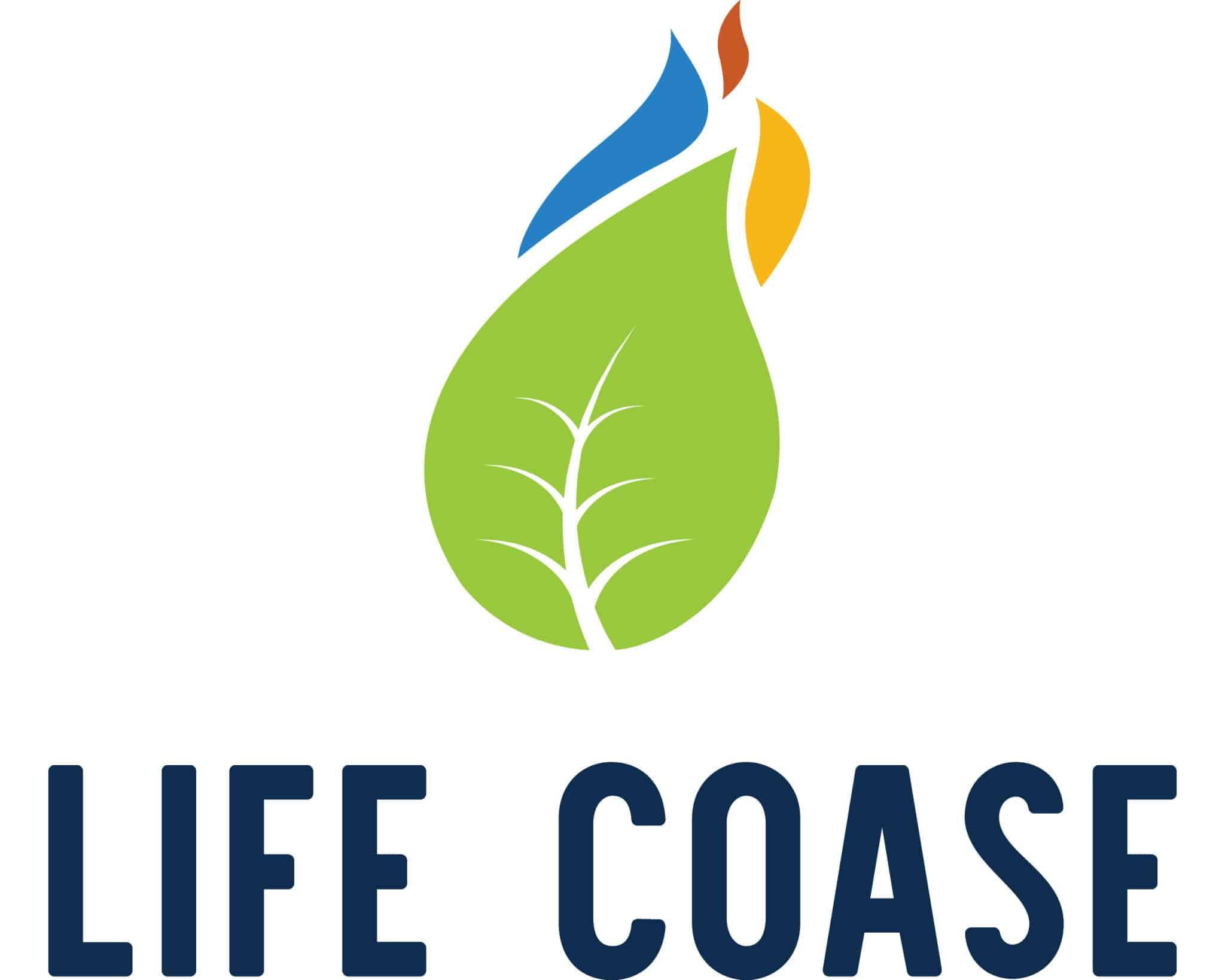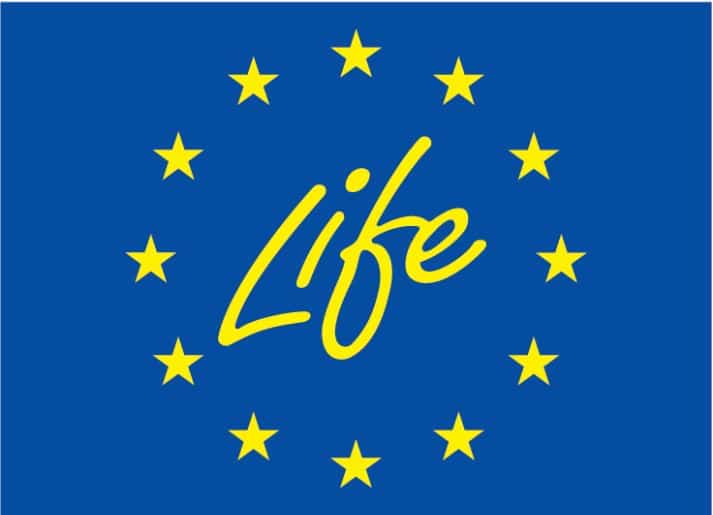
The main objective of LIFE COASE is to support EU and Member State policymakers in the implementation and development of the EU ETS, including its integration with other emissions trading systems. It also aims at creating lasting cooperation between policymakers, academia and stakeholders in the field of emissions trading and raise public awareness of carbon markets.
In particular, LIFE COASE will:
LIFE COASE will make data from the registry of the EU ETS a more useful and usable resource for analysis. The aim is to facilitate both greater quality and greater quantity of empirical studies assessing the EU ETS. To this end, LIFE COASE will provide new matchings between the EU Transaction Log (EUTL) and external databases, new installation-level data, and data applications.
LIFE COASE will publish information and datasets on the following aspects:
The project will provide new information on climate-related investments and behaviour of European firms, both within and outside the EU ETS. Each project year foresees an extension of the European Investment Bank’s Investment Survey (EIBIS) and an analysis of the results. The EIBIS is an annual EU-wide survey that gathers qualitative and quantitative information on investment activities by small, medium and large businesses.
To the extent possible, the project plans to extend the questionnaire to generate information specifically relevant to the EU ETS. This information will contribute to a better understanding of climate-related investments of firms regulated by the EU ETS and allow for a better assessment of the effectiveness of the EU ETS in spurring technological change.
LIFE COASE will produce sets of indicators to monitor the EU ETS with respect to its environmental and economic impacts as well as to structural changes within its carbon market. Building upon the discussion in dedicated workshops, LIFE COASE will produce:
More sophisticated model-based assessment of the EU ETS is needed to assess the effectiveness of emissions trading systems and to predict the impact of different policy and regulatory options. LIFE COASE will compare both ex-post and ex-ante model-based assessments of the EU ETS and other major emissions trading systems.
The project will organise a series of annual conferences devoted to the presentation of new econometric studies on ex-post assessments, as well as a series of workshops on the comparison of selected macro-economic models for the ex-ante assessment. In doing so, the project also aims at building a strong international network of experts in the field.
Downloads:
LIFE COASE will support international cooperation on carbon markets between the EU and partner countries, building on the recent agreement reached at COP26 in Glasgow on the Article 6 framework. The project will organise the Net Zero and Carbon Market Policy Dialogue between the European Commission, as the regulator of the EU ETS, and the regulators of other major emission trading systems (e.g., California, China, New Zealand, Quebec, Switzerland, UK, Mexico, and Korea). The Net Zero and Carbon Market Policy Dialogue is a continuation of the Carbon Market Policy Dialogue which was first established under the LIFE DICET project.
During the project period of LIFE COASE, three policy dialogues will be organised and supported with scientific results from the project. Some of the key issues to discuss could include:
LIFE COASE aims to become a reference source of knowledge for EU and Member States policymakers, academics and representatives from the civil society and industry, researchers and international organisations and foreign countries, providing data, indicators and tools. To that end, the project will give public access to a variety of outputs, such as publications, datasets, blog posts, podcasts, policy briefs, and events. The objective of these activities is to increase the understanding and political support for the EU ETS and carbon markets, to build a strong international network of experts on emissions trading, to engage with industries to improve the understanding of how the EU ETS impacts different sectors, and to establish networks with other relevant LIFE projects.
European University Institute
External Collaborators

A Fragmented Public: 36% Supporters, 33% Conditionals, 21% Opposers The European Union Emissions Trading System (EU ETS) is the EU’s…

The European Council and the Parliament provisionally agreed on the climate targets for 2040.[I] To achieve the continent’s objective of…

As the EU Emissions Trading System (EU ETS) plays an important role in delivering the EU’s climate objectives, by covering…

Co-funded by the LIFE Programme of the European Union. Views and opinions expressed are however those of the author(s) only and do not necessarily reflect those of the European Union or CINEA. Neither the European Union nor the granting authority can be held responsible for them.
YOU MAY JOIN OUR ONLINE DEBATES, SUGGEST PROJECTS OR PUBLICATIONS, PROVIDE NEW IDEAS OR PERSPECTIVES
Contact us on lifecoase@eui.euTo meet, discuss and learn in the channel that suits you best.